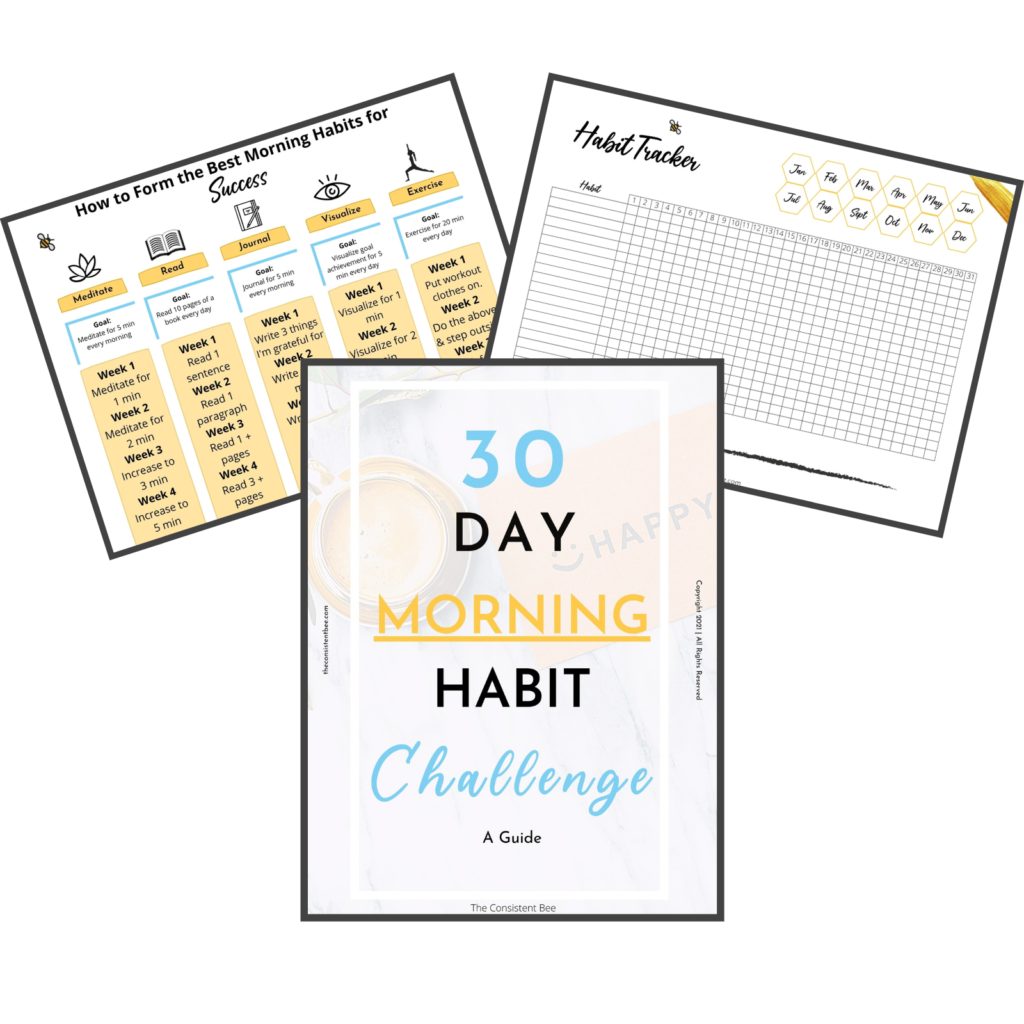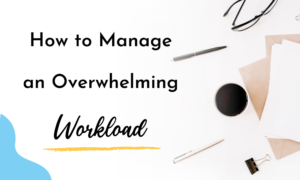More than 750,000 people in the US get divorced every year.
Why?
The top reason is incompatibility.
Sure, there are probably some instances where two people aren’t truly compatible and should not stay together.
However, I believe that if a lot of these relationships implemented a few changes that I’m about to share, they would see a drastic improvement in their compatibility.
Having a healthy relationship leads to greater overall happiness and satisfaction in one’s life, so it’s worth putting in the effort.
In this post, I am going to share with you 3 tips you can be using to build a healthier relationship.
1. Take time to understand each other’s personality types
Newsflash: Your significant other may not be exactly like you!
And for that reason, it is all the more important to learn more about them and how they tick.
One of my favorite books of all time, Wired That Way, by Marita Littauer, gives an in-depth analysis of the four different personality types that exist in the world.

I’ll break them down briefly, based on Marita’s descriptions:
Sanguine
- These are the extroverts who are the life of the party.
- They love people, being the center of attention, and, of course, talking (sometimes a bit too much.)
- Their basic needs are attention, affection, acceptance, and approval.
Choleric
- These are the worker bees of life.
- They are driven by achievement and accomplishing goals.
- They have the energy and desire to work longer, harder, and faster than anyone else and because of this, often overexert themselves.
- Their basic needs are loyalty, credit for good work, a sense of control, and achievement.
Melancholy
- These are the organized and analytical thinkers of the world. They are often artists, creators, and visionaries as they are very introspective.
- They are organized and sensitive.
- Their energy is drained by large crowds and recharged by solitude.
- They are the opposite of Sanguines.
- Their basic needs are sensitivity, support, space, and silence.
Phlegmatic
- These are the easy-going, relaxed, carefree people in your life.
- They aren’t driven by goals, they don’t need to be the center of attention, they are just content with living a simple life.
- They prioritize comfort and ease and are always the peace-makers in a room of people.
- They are the opposites of Cholerics.
- Their basic needs are peace and quiet, feeling of self-worth, lack of stress, and respect.
Take a moment to determine which personality type is yours (you can be a blend) and which type is your partner’s.
This can be truly eye-opening and may even provoke an “Oh that explains a lot…” kind of realization.
I know it did for me!

Do you want to be more productive in the morning without all the stress? Let me help you set your day up for success with my FREE Morning Habit Challenge!
Enter your name & email below to get your hands on it!
Fulfill their needs… or else
If you want a healthy relationship, you need to take time to learn about the needs of your partner.
If you do not fulfill their basic needs (and vice versa), there will be unhappiness in the relationship.
By understanding how their brain works and what their needs are, you can begin to approach every situation from a place of empathy.
I will shout it from the rooftops until I die – read Wired That Way.
It will not only improve your relationship with your partner but with everyone else you know, too.
2. Become more emotionally mature
What is emotional maturity?
Healthline says it’s “when someone can manage their emotions no matter their circumstances.”
Why is this invaluable in healthy relationships?
If you aren’t capable of owning responsibility, showing empathy, or keeping your cool when things get heated, you’ll be in a state of conflict with the other person.
Work on being self-aware of your emotional state daily.

Here’s an example:
Let’s say you are annoyed because your partner didn’t do the dishes like they said they would.
They come home from a long day of work and you are ready to let em’ have it.
But, you pause.
You take a moment to breathe and calmly ask them if they would do the dishes. You share how it makes you feel when they don’t follow through on things, but you don’t attack them.
If you start the conversation in a calm, understanding tone, then they are more likely to respond in a similar way.
If you started accusing them of never pulling their weight or never showing you respect, they will naturally become defensive.
What you can do:
- When you get upset, practice deep breathing and take a break to cool down before continuing the conversation.
- Take responsibility for your mistakes, be more empathetic and be okay with sharing how you feel. Be okay with being vulnerable.
3. Communication will always be key

You’ve heard it a million times and you’re going to hear it a million more- communication is the key to a healthy relationship.
Without communication how will you know what the other person is feeling or thinking?
How will you maturely work through disagreements?
Life lesson here: No matter how long you’ve been with your partner, don’t assume they can magically read your mind.
If both of your communication skills could use improvement, sit down with your partner and agree to the following:
- Express how you feel and not shame each other or be apathetic about it.
- Calmly talk through disagreements with the intent to come to a resolution.
- Share your expectations and needs in the relationship and have those respected by one another.
It’s not always comfortable or easy but having open communication will greatly improve the health of your relationship.
Final thoughts
There’s no getting around occasional disagreements with our partners, but it’s important we’re creating habits that lead to a respectful, healthy relationship, not a toxic, soul-sucking one.
- Take time to understand each other’s personality types and basic needs. Read Wired That Way.
- Grow your emotional maturity level by practicing self-awareness and composure when “triggered.”
- Always communicate openly about how you feel and what you expect from the other person.
If you consistently work on applying the tips above, the health and happiness of your relationship will surely grow.
Being a good listener is a key part of building a healthy relationship. If you feel like your listening skills could use some leveling up, check out my post 7 Things You Do That Make You a Bad Listener!








